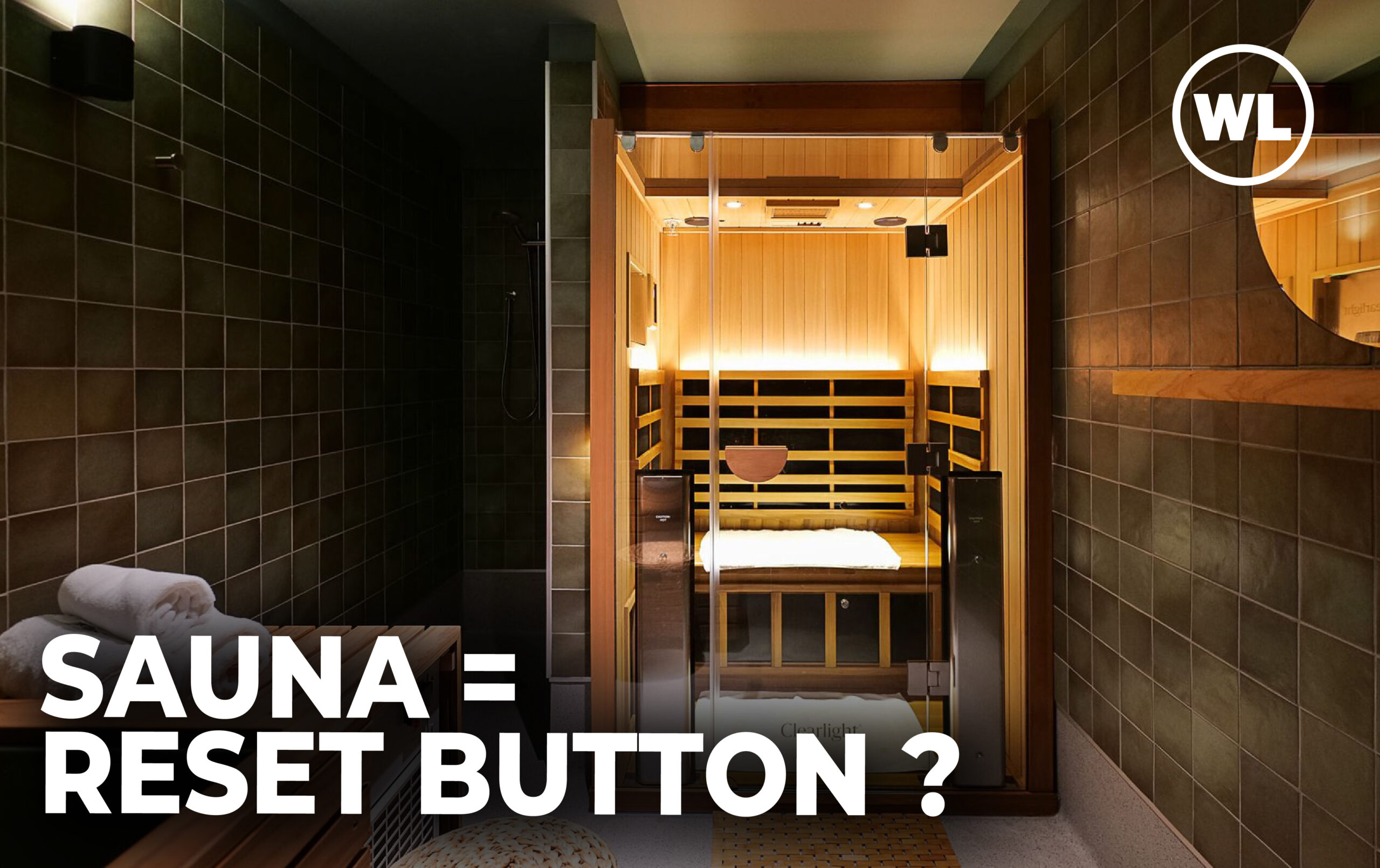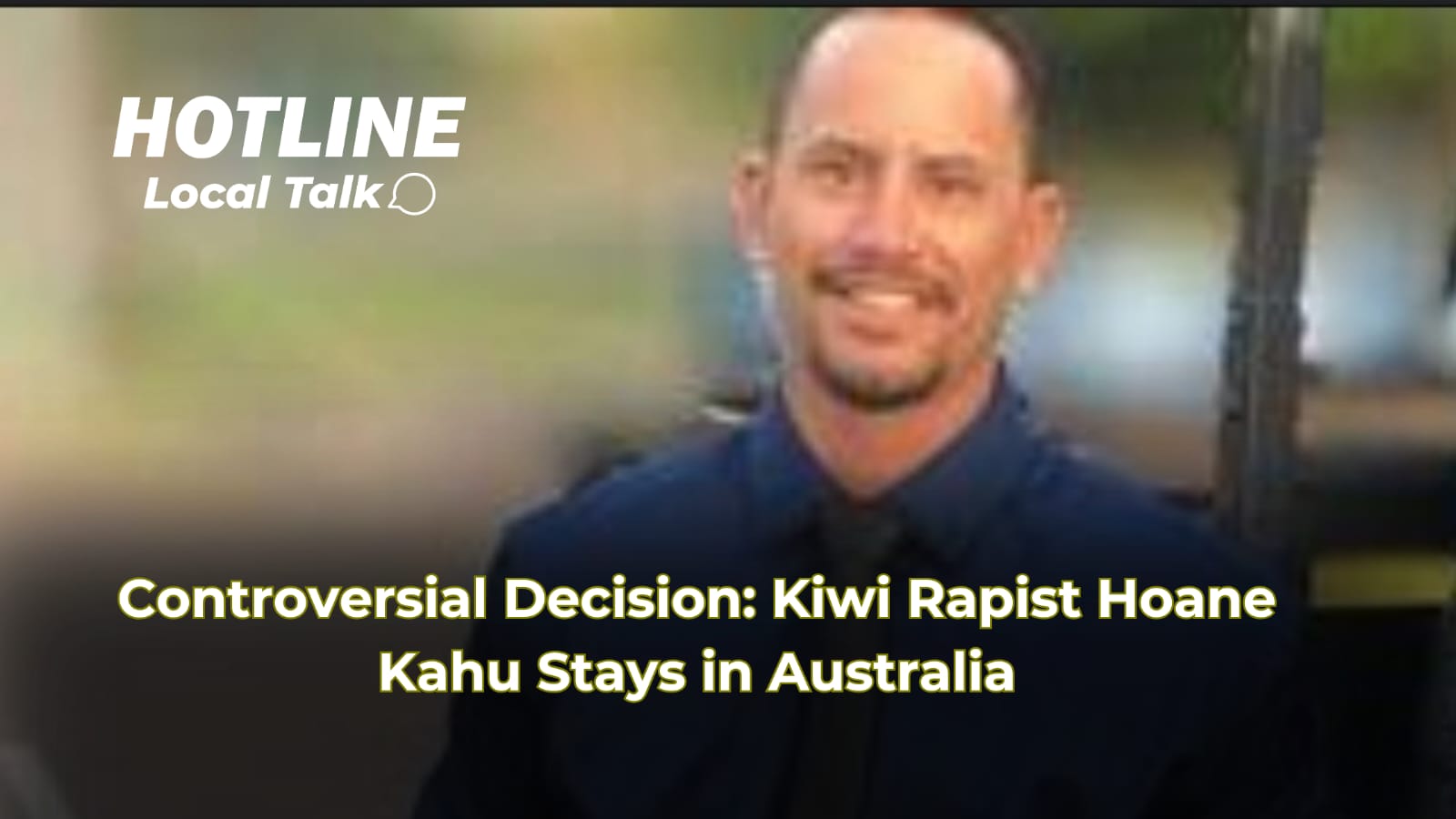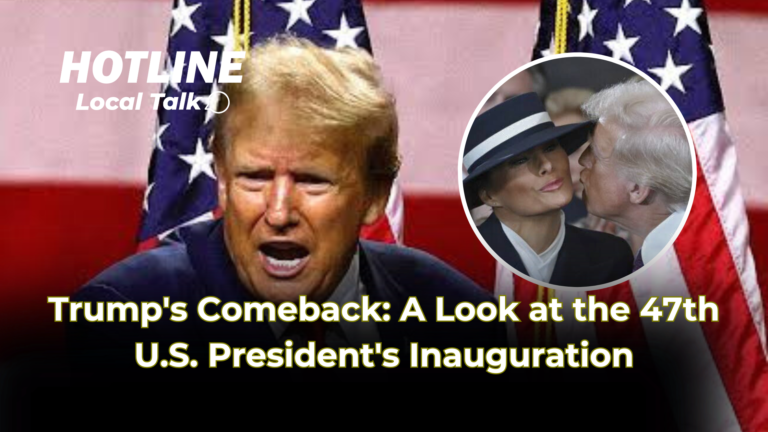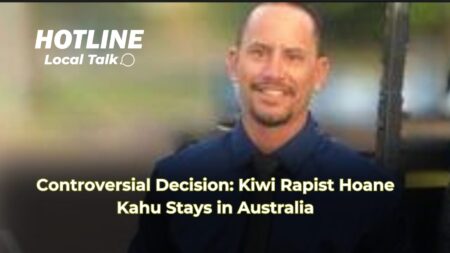Starting Over at the White House
On a brisk January day in 2025, Donald Trump stepped back into the White House as the 47th President of the United States, leaving Wellingtonians both curious and concerned about what this might mean for us here in New Zealand. His inauguration wasn’t just a ceremony; it was the start of a whirlwind of policy changes that could ripple across the globe, touching our lives in ways we’re only beginning to understand.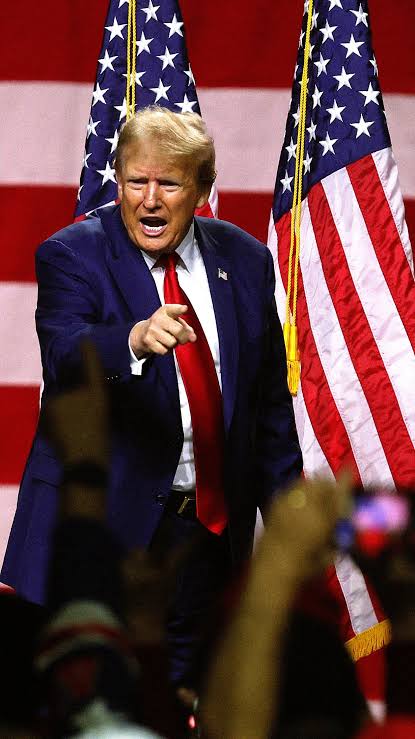
A Flurry of First-Day Orders
Right off the bat, Trump’s pen was busy. He made it clear he was back to business by signing a series of executive orders:
- Immigration Clampdown: Declaring a national emergency at the U.S.-Mexico border, promising mass deportations and ending birthright citizenship for some, moves already facing legal challenges.
- Challenging the Bureaucracy: Aimed at what he calls the “deep state” by making it easier to replace government workers, potentially affecting U.S. engagement in international affairs.
- Social Changes: Revoking diversity and inclusion policies, and establishing an order that only recognizes two genders on official documents, signaling a conservative shift in social policy.
- Renaming Geographical Features: Trump announced the Gulf of Mexico would be renamed the “Gulf of America,” and Alaska’s highest peak reverted to Mount McKinley, moves seen as symbolic of American nationalism but lacking international enforceability.
- Climate Policy Reversals: Withdrawing from the Paris Climate Accord again and declaring a “national energy emergency” to promote fossil fuels, directly opposing global climate efforts.

Pardons and Legal Repercussions
One of the most controversial actions was Trump’s decision to pardon around 1,500 individuals involved in the January 6 Capitol riot. This act has sparked debates about justice, power, and the influence of politics on the legal system, prompting us in Wellington to reflect on our own democratic values.
What Does This Mean for Wellington?
- Trade: Trump’s tariff policies and “America First” approach could disrupt global trade patterns, possibly affecting New Zealand’s exports to the U.S. or our involvement in broader trade negotiations.
- Climate Action: With the U.S. stepping away from climate commitments, New Zealand might need to intensify our own efforts or seek new alliances to keep global environmental goals on track.
- International Relations: Trump’s preference for bilateral deals over multilateral agreements could push New Zealand towards reevaluating our diplomatic strategies, balancing our trade interests with our commitment to international norms.
A Call to Discussion in Wellington
As we sit here in Wellington, watching Trump’s second act unfold, we’re forced to ask: How do we respond? Should we pivot more towards our Pacific neighbours or continue to engage with the U.S., hoping for a shift when the political winds change?
Trump’s presidency isn’t just a chapter in U.S. history; it’s a moment for us to reflect on our own policies, our place in the world, and how we’ll protect what we value from the ripples of decisions made thousands of miles away.
Further Reading:
For a deeper dive into U.S. climate policy shifts, check out CSIS.
To get the full scoop on Trump’s executive actions, NPR has some great coverage here.
If you’re interested in the legal challenges to Trump’s policies, The Guardian often provides insightful articles.
This isn’t just about watching from the sidelines; it’s about understanding how we in Wellington can shape our future in this new political era.
TRUTH SEEKER
Instantly run a Quiz with friends... about the article. Interact more & analise the story. Dig in, catch out biased opinions, and "fact check" with TRUTH SEEKER by ONENETWORK WELLINGTONLIVE 👋
Do you agree with the main argument of this article?
Total votes: 0
Which action did Trump take regarding climate policy?
Bias Analysis
Fact Check Summary
True
Source: Article
True
Source: Article


